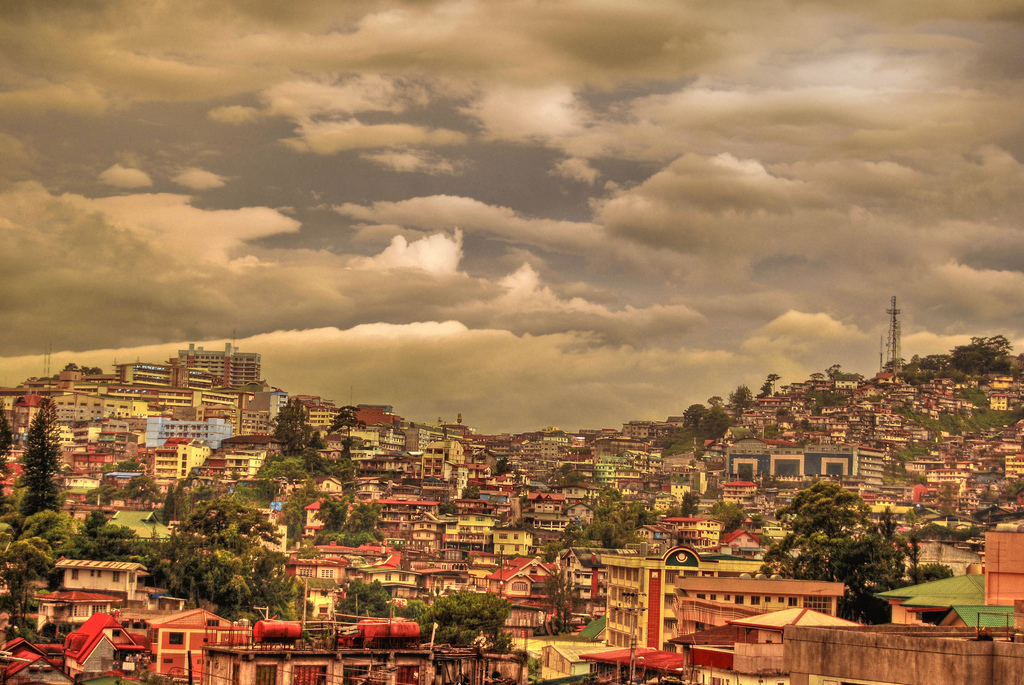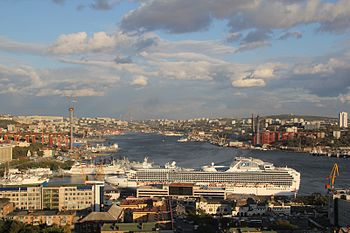Human resource firm ECA International's latest survey of expatriate living costs showed Japanese cities occupied the top four most expensive locations in Asia, with Tokyo ranked first followed by Nagoya, Yokohama and Kobe.
The Japanese capital also topped the global list of most expensive locations for expatriates, according to the survey carried out in September.
The yen has risen by about 20 percent against the US dollar in the past 12 months and expatriates who are paid in currencies such as the greenback are feeling the impact, said Lee Quane, ECA International's regional director.
"It is not because prices have risen in Japan, they are still benign," Quane told AFP.
"Although we had a tsunami and the impact on the supply chain, that has had very little knock-on effect on the price that people pay in the supermarkets.
"Expatriates who are paid in yen won't feel much difference but for those who are paid in other currencies such as the US dollar, they will be the ones who are most affected."
In recent months, investors have flocked to the Japanese currency as a safe haven amid volatile markets stirred by eurozone debt fears and concerns for the global economy.
Rounding up Asia's top ten list of most expensive locations are fifth-placed Seoul followed by Singapore, Beijing, Shanghai, Hong Kong and Busan.
While living costs have risen by more than eight percent on average in Asia, this has not dented the appeal of the region to foreign companies, ECA International said.
"People still want to move here, companies still want to expand their operations here," Quane said.
The ECA International survey is carried out twice a year in March and September by measuring a basket of common items purchased by expatriates in more than 400 locations globally, such as dairy produce, vegetables, clothing and meals out.
The survey does not include housing, utilities, car and school expenses as these items can make a significant difference to costs but are often compensated for separately in expatriate packages, the firm said.




















